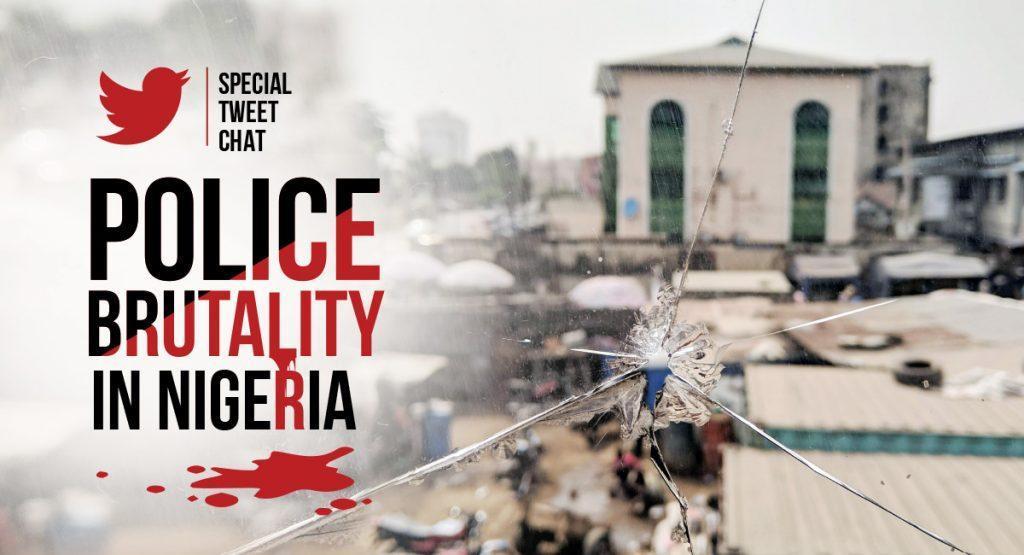Title of the topic: Social Media & Politics: Where are we as a country?
Tweet Chat Summary For: May 2nd 2018
In today’s world, news and information are critical components of everyday life. With change in dynamics, various avenues of connecting with friends, sharing news and information, and real time connection has led to many people especially the youth, embrace social media to serve their various needs. Digital space has given many Kenyans a voice that was otherwise a monopoly of mainstream media. It gives platform demanding for transparency and accountability when it comes to political offices. Social media has straightened voices.
Social media will continue to be used as a tool for driving future changes in society as an avenue of enabling people express themselves. Measures must be put in place to curb the spread of fake news. Citizens must come together and shrinking civic spaces must be kept alive. Technology has the capacity to amplify the voices of citizens and greatly improve oversight. Government should instead embrace social media as a feedback platform for better service delivery and accountability.
Title of the topic: Disaster management: Where are we as a country?
Tweet Chat Summary For: May 16th 2018
Disasters are majorly unpredictable occurrences that have serious negative consequences on the lives of the people. It is for this reason that as a society, we need to be fully and adequately prepared to initiate intervention mechanisms whenever faced with any kind of disaster to avert casualties, disruption of social order and to save lives and property. Disasters disrupt the functioning of society causing widespread human, material, economic and environmental loses which exceed the ability of the affected society to cope with using its own resources. Examples include drought, floods, fires and earthquakes.
All stakeholders in society must come together to form multi-agency rapid response units for interventions and rapid response. Government should involve and support stakeholders that deal with matters of humanity and disaster management to help mitigate emergencies. Both National and County governments should follow best international practice in handling disasters whenever they strike i.e. Preparedness, Reaction, Recovery and Prevention. Political goodwill and commitment is key to the implementation of the National Disaster Policy.
Title of the topic: What is the impact of public theft without consequences?
Tweet Chat Summary For: May 23rd 2018
Corruption as the abuse of entrusted power for private gain. Anyone exercising power given to them by others, if they abuse it for personal benefit they are corrupt. It results to very serious consequences that impede the overall well-being and order of any society/state. It impedes development and service delivery meant for public good. The AKU’s East African Institute youth study 2016 found that 21-58% of youth believe it doesn’t matter how one makes money so long as you don’t get caught; 30-58% admired those who made money in any way; 8-45% believed corruption was profitable. The problem today is too many points of theft with no accountability. Also cultural tolerance seems to have gone up, sadly watering down tenets of Chapter Six of our constitution.
Theft without consequences – impunity – causes an erosion of confidence in public institutions, leaders and the law. Ultimately this destabilizes the politics and causes dislocations in society that manifest in a myriad of ways. There is need to make it hard to steal and get away with it. If institutions fail to hold those who steal to account, publicly ostracizing them should be the norm. Parents should live upright and honest lives while moulding the lives of the young ones. If they are busy stealing from the government the apple will not fall far from the tree. We need to look critically at corruption as theft. We never celebrate those who steal from our houses. Why do we celebrate those who still from our pockets indirectly?
Research shows that between 2013-17 Kenya lost US$3.5billion as a result of theft by the Jubilee regime. This is economic delinquency on a grand scale. It is more than mere theft. Deterrence value of convictions and asset recovery is at the core of success against graft. Whistleblowers are essential in fighting crime. They must be protected if we are to succeed. Remember most whistleblowers are public spirited civil servants. As citizens we have what it takes to make sure our leaders are accountable. Also make institutions deliver. Let’s use the power. Sovereign power belongs to us
Title of the topic: Are social movements able to offer solutions to matters affecting the nation?
Tweet Chat Summary For: May 30th 2018
Social movements play vital roles in educating, informing and empowering communities. Through social movements, many communities especially in developing economies have realized serious changes in approaches to the challenges they face, while coming up with sustainable solutions modeled for long and short terms. Social movements have played a leading role in bringing about change in Kenya. All major social and political changes that have happened in Kenya have been birthed through social movements. From the Mau Mau movement in 1960s to the 2010 constitution. Social movements come in two fold, both negative and positive. Positive in the sense that the oppressive nature of the status quo has created interest in social movements as an alternative and a viable option to bring about fundamental change. Negatively in the sense that by keeping the majority of Kenyans from taking it upon themselves to bring about change. They have perpetuated the notion that the problems we have as a country were meant to be and no one can do anything about it.
Social movements can be a great vehicle to rally the people into taking on corruption in government rather than waiting on your favorite politician to do it. Through training and practice, we are not reinventing the wheel but building on best practices that others have used with great success. Most important is that it will spread its basic theory that change only happen when the people themselves participate in bringing about the change they desire. There is no other being coming to bring about change in Kenya, it’s the people to do it.



